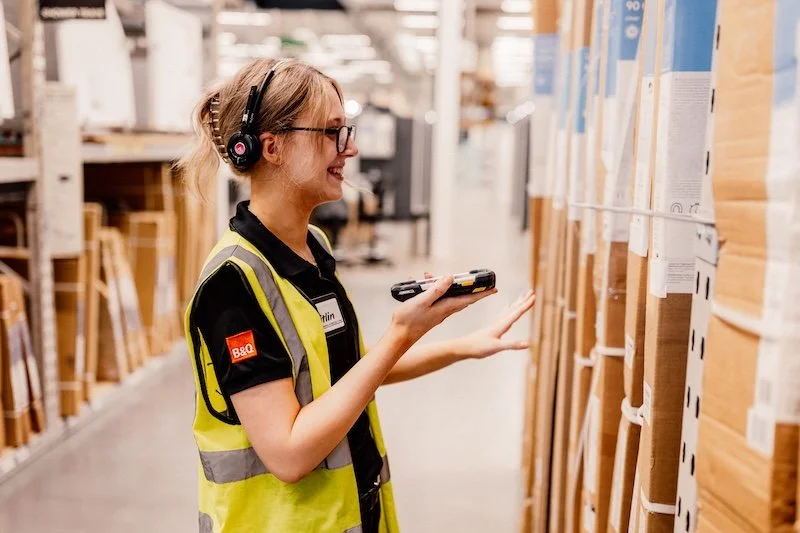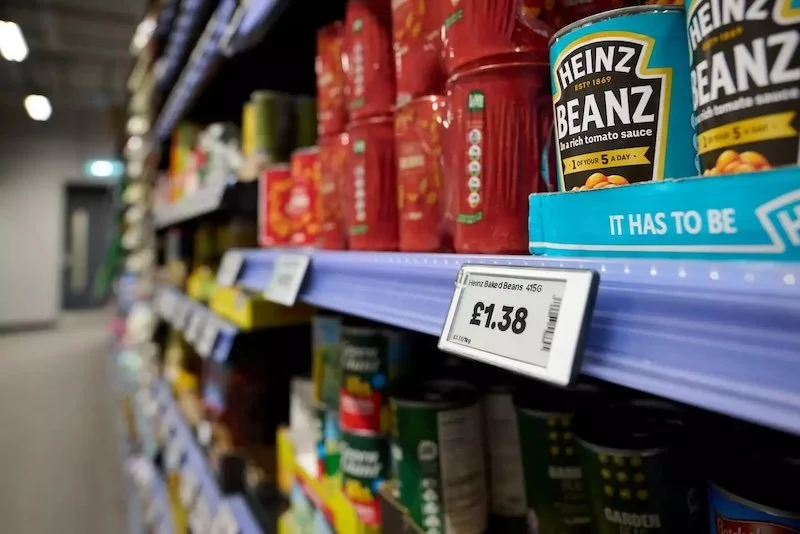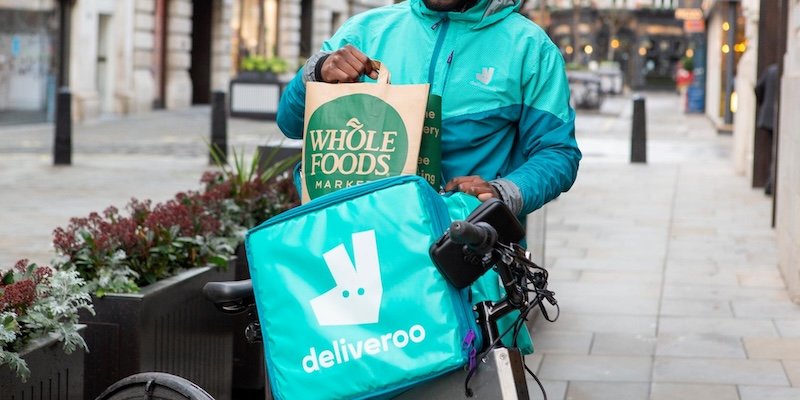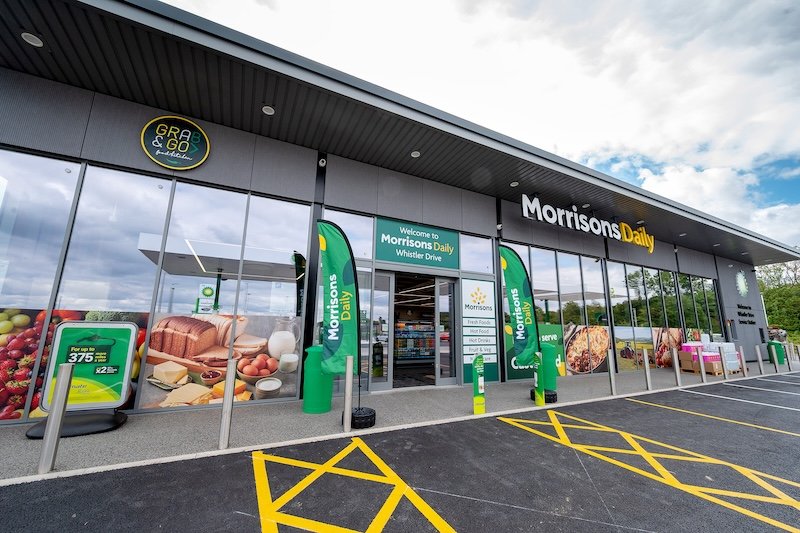Digital waits for no business – the realities of retail in 2020
Eight in ten of all purchases in 2020 will be based on customer experience, according to Gartner. Getting that experience right will be key to success – and digital tools are increasingly responsible for this. Here, Rebecca Guest, Service Delivery Manager at Columbus UK, discusses seven technologies which will keep businesses competitive in tomorrow’s retail space.
The boom of e-commerce has seen the logistical barriers of shopping, from queues and opening hours to heavy bags, all disappear. Online research enables shoppers to compare prices and find the most attractive products both online and offline with a single click.
This level of convenience has been a major hit with consumers – but as their expectations for digitally-driven experiences grow, so must retailers’ adoption of emerging technologies.
Digital is no longer ‘nice to have’
In 2020, retailers must ensure shoppers can move between online and offline channels more seamlessly than ever before. They should look to tie online marketing to offline actions such as in-store visits and sales. This will require retailers to update their existing digital toolkit to enable sales, marketing and customer service to work seamlessly together and engage customers, no matter the channel.
Predict and verticalise
IoT provides huge insights into the consumer and how to provide the right experience through the vast datasets being collected. With the use of data analytics, the customer journey can be both predicted and personalised. Unifying customer data from every touchpoint and channel enables a single 360-degree view of changing customer needs.
The ‘experience economy’ takes off
As the market becomes increasingly defined by emerging technologies, the way consumers interact with their favourite brands is also changing. 2020 will see the rise of experience as a differentiator. Retailers will need to use digital technologies strategically so that they become invisible – customers only see the company at the core giving them exactly what they want and doing it with ease.
There are seven specific technologies they need to consider in 2020:
1. Customer Relationship Management (CRM)
An effective CRM solution will be instrumental to understand and engage the customer base in 2020. Managing customer experience with the right digital tools means retailers can stretch the boundaries of marketing and sales, build customer profiles continuously and serve the customer in many different ways.
2. Content Management Systems (CMS)
Optimising branding through a future-proof CMS strategy helps create engaging and personalised web content and puts the business in control of measurable, personalised and experience-driven buyer journeys.
3. Artificial Intelligence (AI)
Over 20 billion devices are predicted to be connected to the Internet of Things (IoT) by 2020. As data increasingly becomes the lifeblood of organisations, retailers will be among the biggest benefactors of new algorithms coming to the fore to predict trends, anticipate demand and provide the customer with relevant content.
4. Product Information Management (PIM)
A PIM solution makes it faster and easier to create and deliver compelling product experiences. In terms of the customer experience, a well-executed PIM strategy can enrich content offerings through accurate and timely product data.
5. E-commerce
A reliable e-commerce platform not only provides up-to-date pricing and delivery but has a major part to play in the way customers perceive brands. A mobile-optimised and user-friendly web store enables retailers to react to market opportunities much quicker and present customers with a consistent high level of service.
6. Chatbots
Customers want to talk to businesses in real-time and businesses need to adapt quickly to meet this demand. The latest chatbot technology, based on Natural Language Processing (NLP) software, allows answers to be tailored and sophisticated compared to the stock answers of yesteryear.
7. Virtual reality
VR is still a relatively novel technology in the retail sphere, but some businesses are already using it in innovative ways to become bigger on the commerce stage. Amazon opened 10 VR kiosks in shopping malls across India, where customers could take virtual hot air balloon rides and interact with different products before making a purchase.
IKEA has also used VR to help customers create a perfectly designed kitchen before buying specific units for their home. We will see this technology become more widely adopted by brands throughout 2020 as VR tools offer another viable way for retailers to meet rising consumer expectations for engagement and experience.
Digital transformation must kick into a higher gear
Digital transformation waits for no business. If decision-makers fail to make significant inroads into digital transformation in 2020, they are likely to suffer the consequences in lost revenue and competitiveness. To be a retailer who thrives in the next decade, technology needs to meaningful and unified for customer loyalty to follow.










Continue reading…